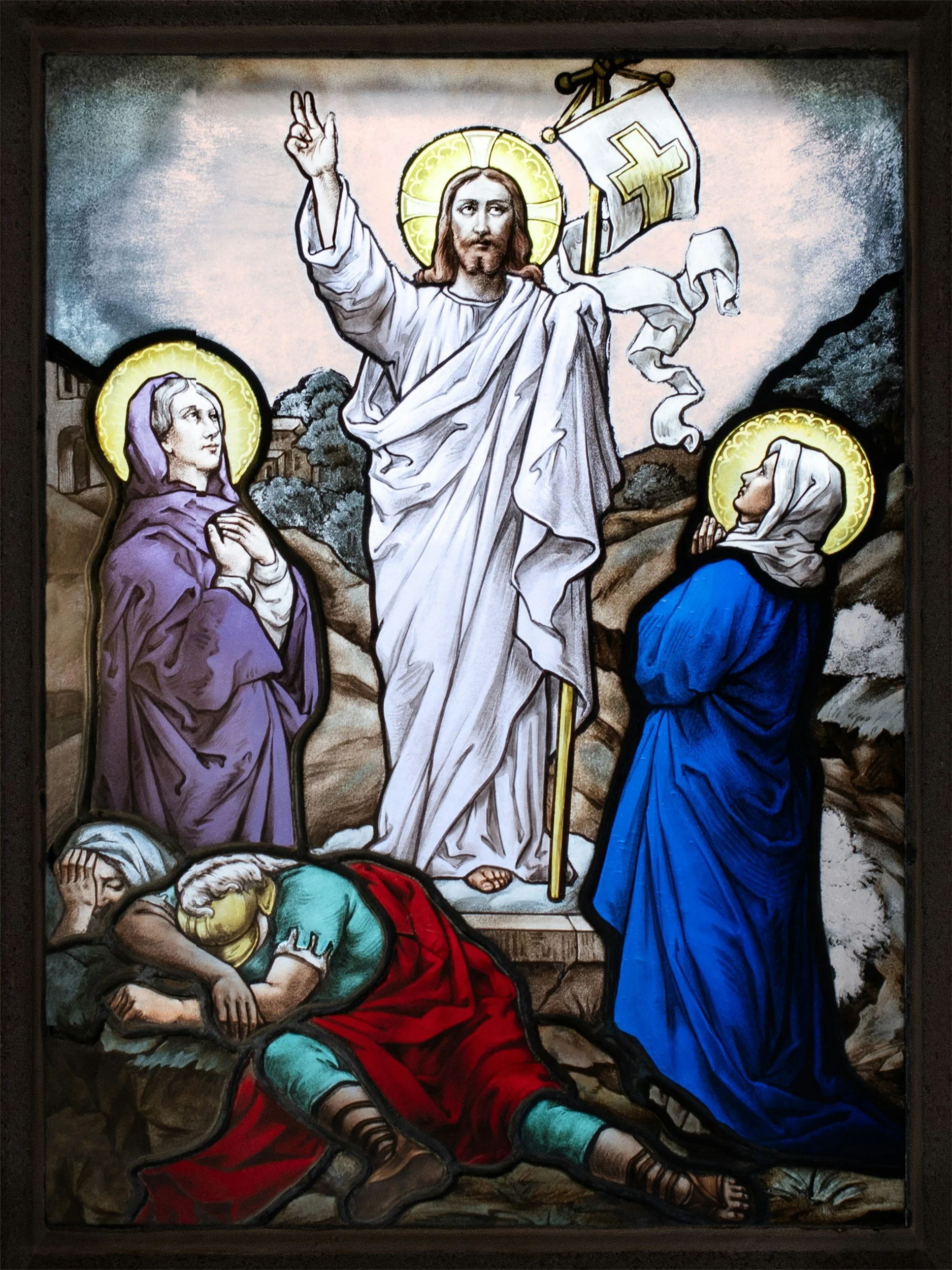Before the wilderness of Lent, there is the light of the mountain. Exploring the Transfiguration in Matthew 17 and why Jesus tells us to 'Rise, and have no fear.
Read MoreJesus isn’t handing out a branding strategy. He’s naming what happens when a human life is being remade from the inside out. Exploring the internal fire of salt and light through Matthew 5 and the Desert Fathers.
Read MoreIn the high-pressure world of travel sports and perfect grades, how do we raise kids who know they are loved, not just high-achieving? Exploring a family 'Rule of Life' at St. Francis.
Read MoreThis morning at St. Francis, with Bishop Stokes in our midst, we sat with the Beatitudes. These aren't just pretty sayings—they are a radical challenge to our political identity and a call to a bigger way of being.
Read MoreWe wear busyness like a badge, but what if God is more interested in your presence than your output? Exploring the ‘Cult of Productivity’ and the ancient wisdom of holy rest.
Read MoreDr. King wasn't just a leader; he was a preacher whose faith demanded action. Discover how his vision of the 'Beloved Community' offers us a spiritual playbook for rising above tribalism and finding unity in the Gospel.
Read MoreWe can take Valentine’s example and let it kindle in us a passion for the people in our communities. Are there neighbors we might lift up with a timely word of encouragement, a helping hand, or a secret act of care? Are there broken relationships in our families needing the gentle touch of forgiveness?
Read MoreWithin the leadership of each Parish, the Rector stands as a shepherding figure, weaving together the spiritual and administrative threads that define any one congregation's journey. As outlined in the Episcopal Church Canons, particularly Canon III.9, the Rector is entrusted with profound responsibilities that extend from leading worship and pastoral care to overseeing varied facets of church administration. Their presence is both pastoral and pragmatic, embodying a leadership style that is visionary and grounded in tradition.
Read Moren my first post of this series “On the Church” I dove into the mission of the church through the lens of the 5 Marks of Mission. Today, we will look specifically at a body within an Episcopal Church that has a very important, and yet, misunderstood role. The most common misunderstanding stems from whether vestry members are representatives or agents.
Read More









